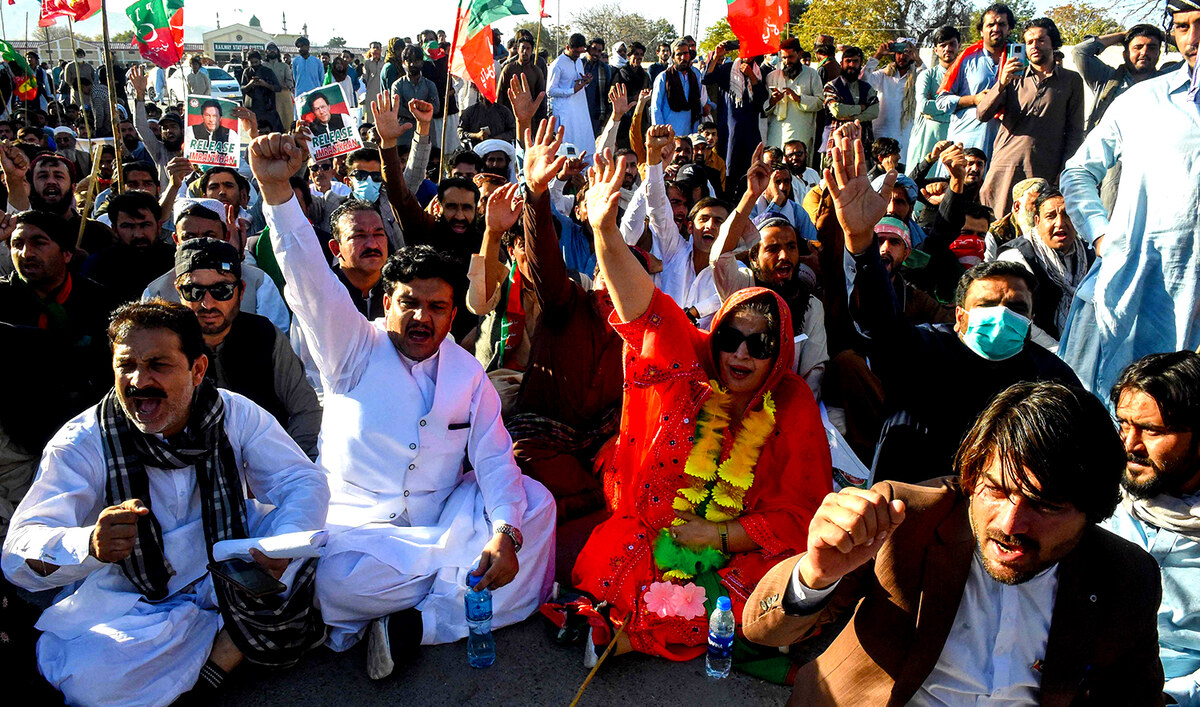KARACHI: The World Bank’s Board of Executive Directors has approved $535 million for two projects in Pakistan, a statement said on Friday, adding that the funding would strengthen the social protection system for poor households nationwide while promoting climate-smart and competitive producers in the livestock and aquaculture sectors in Sindh.
The bank’s financing is part of its Crisis Resilient Social Protection (CRISP) and Sindh Livestock and Aquaculture Sectors Transformation (LIVAQUA) programs.
The former project has a wider scope as it seeks to increase resilience of vulnerable households to economic shocks in different parts of the country. However, the latter initiative is only confined to Pakistan southeastern province of Sindh.
“The catastrophic floods that hit Pakistan in 2022 were a tragic reminder of the importance to build resilience to such disasters, including by strengthening both social protection and sectors that support economic growth and recovery,” Najy Benhassine, World Bank
Country Director for Pakistan, was quoted in the statement. “It is also imperative to help the vulnerable absorb climate shocks through innovative climate-smart technology and contingency planning.”
It added that the additional financing of $400 million for CRISP would build on the program’s on-going efforts to equip Pakistan’s social protection system with the policy and delivery system foundations necessary for more effective and rapid responses to future crises.
“Since its inception, the CRISP program has achieved significant results with regular safety net support to more than 9 million families and a demonstrated capability of quickly reaching 2.8 million families during the recent floods,” Amjad Zafar Khan, Task Team Leader for the Project, noted.
“The additional financing would not only assist families in becoming more resilient to climate and economic shocks, but also encourage the use of provincial capacities to take up a larger role in social assistance,” he added.
Meanwhile, the $135 million in LIVAQUA funding is expected to facilitate interventions to promote climate-smart production, value addition and inclusive access to markets.
The statement said this will create growth opportunities in the livestock and aquaculture sectors.
“The project will improve the livelihoods of small and medium livestock and aquaculture producers, increase their resilience to animal health and climate-related shocks, strengthen the overall growth of these two sectors in Sindh, and more broadly improve food and nutrition security and reduce the sectors’ contribution to greenhouse gas emissions,” Myriam Chaudron, Task Team Leader for the project, said.


















